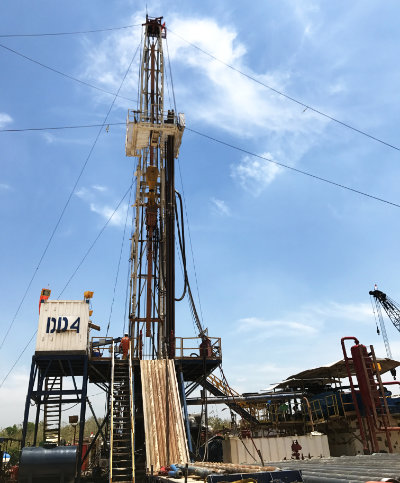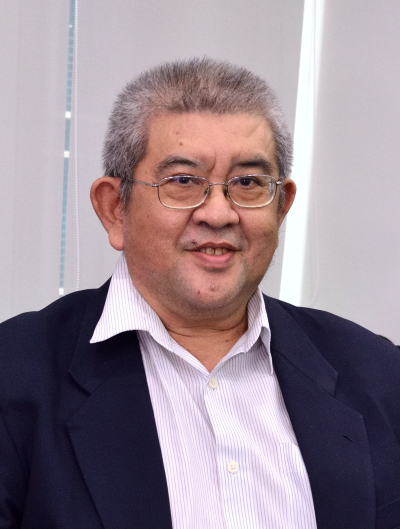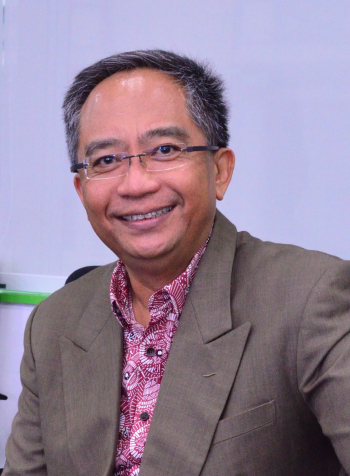 GSS Energy has struck first oil at its Trembul drill site (above) in Central Java. GSS Energy has struck first oil at its Trembul drill site (above) in Central Java.(Photo: Company) GSS Energy has struck quality oil at its maiden well drilling effort.
Following the discovery, Pertamina has agreed to commence commercialization of two out of eight reservoirs under its joint operation scheme (KSO) with the Group. |
|
Financial Highlights |
3QFY2017 |
yoy change |
|
Revenue |
25.4 |
26.2% |
|
Gross profit |
5.1 |
6.0% |
|
Gross margin |
20.0% |
-3.8ppt |
|
Net profit attributable to shareholders |
2.1 |
44.7% |
|
Cash and cash equivalents |
7.7 |
-48.7% |
For more information, refer to its 3QFY2017 financial statements here.
 "Our cash flow strategy is to start drilling the next well by the 6th or 7th month of production so that sale proceeds from the current well can finance the capital expenditure of the next well," said CFO Ng Say Tiong
"Our cash flow strategy is to start drilling the next well by the 6th or 7th month of production so that sale proceeds from the current well can finance the capital expenditure of the next well," said CFO Ng Say Tiong
(Photo by Sim Kih)At the Group's analyst and investor dialogue on Wednesday (13 December), CEO Sydney Yeung, CFO Ng Say Tiong, and the key man overseeing GSS Energy's O&G operations, Bambang Mulyadi, addressed questions raised. Below is an excerpt from the discussion.
Q: Why did you stop drilling at a depth of 1255 meters?
No one in this area has ever used a blowout preventer for greater depth. Going deeper will be unsafe.
It is true that even at this depth, we have not encountered the layer where oil meets water. That means there is more oil at greater depths. The water level will rise over time as production takes place and the oil is extracted.
|
– Bambang Mulyadi President Director (Photo by Sim Kih) |
Q: What is your cost of production?
Our lifting cost is about US$10 per barrel of oil, very low relative to crude oil prices.
This operating expenditure will be deducted from our oil and gas sale proceeds before revenue is split with Pertamina.
Q: How do you manage risk?
If oil price goes to US$60 to US$70 per barrel, the shale gas producers may start competing with us.
We manage risk by keeping our cost of production at US$15 per barrel of oil or less. This is why we go for onshore shallow reservoirs.
| Stock price | 16c |
| 52-week range | 8c - 20c |
| Market cap | S$84.8 m |
| Price-book | 2.0 x |
| PE ratio | 14.0 x |
| Dividend yield | - |
| Source: Bloomberg | |
Q: What is the revenue split with Pertamina?
After deducting operating expenditure, PT Sarana GSS Trembul (PT SGT) will receive 23.5% of net proceeds from the sale of crude oil and 31.4% from the sale of natural gas.
The Group has an economic interest of 89% in PT SGT. The remaining 11% is owned by the Central Java government.
Q: What happens after the concession ends?
Historically, operators apply for an extension of the concession agreement. The success rate of renewal applications has been very high.









